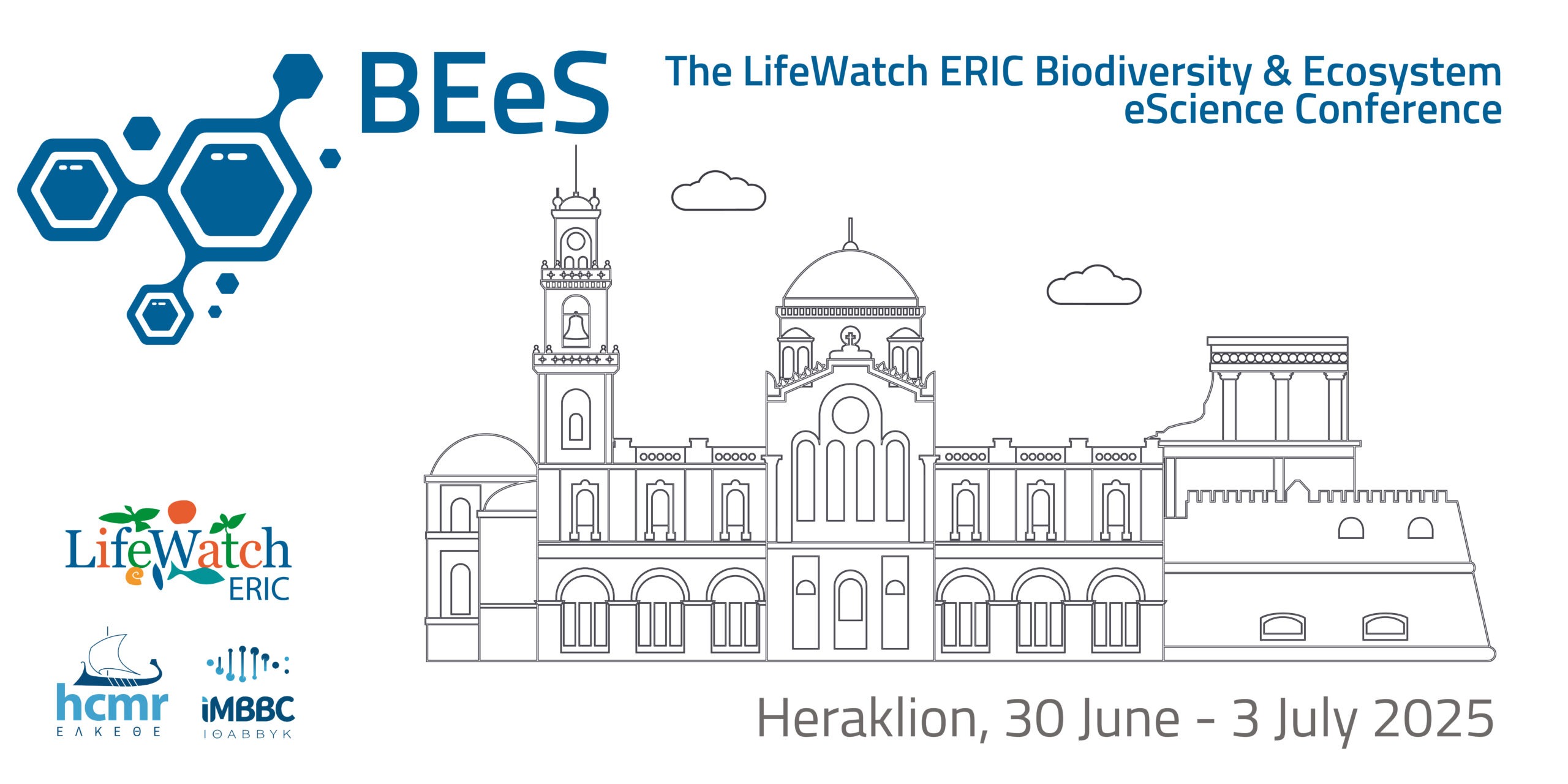The LifeWatch ERIC BEeS Conference features seven different topic sessions, for which abstracts over 65 abstracts have been submitted.
Our Abstract Book has just been released. Browse it below.
Addressing the Triple Planetary Crisis
The Biodiversity and Ecosystem eScience Conference brings together researchers, policymakers, and experts to tackle environmental challenges with a special focus on Biodiversity and Ecosystem. The focus of the 2025 edition was the Triple Planetary Crisis (climate change, biodiversity loss, and pollution) through eScience and European Research Infrastructures (RIs).
This year’s conference showed how cutting-edge eScience and European Research Infrastructures can work together to develop innovative solutions for a sustainable future. With an agenda spanning from thematic services and groundbreaking research, to hands-on demonstrations, the event highlighted the vital role of technology, data, and collaboration in tackling environmental crises.
Over three days, participants engaged in plenaries on topics like ecological responses to climate change, habitat mapping, and biodiversity monitoring. Hands-on activities, poster presentations, and training sessions provided opportunities to dive deeper into the latest advancements in Virtual Research Environments (VREs), Virtual Laboratories (vLabs), and more.
The conference welcomed researchers in the domain of biodiversity, ecosystems and eScience, and particularly early career scientists, including PhD and Master Students.
The BEeS 2025 Conference was hosted by the Hellenic Centre for Marine Research (HCMR), Institute of Marine Biology, Biotechnology and Aquaculture (IMBBC).
Enjoy browsing the highlights of this year’s presentations in the BEeS 2025 Book of Abstracts!
